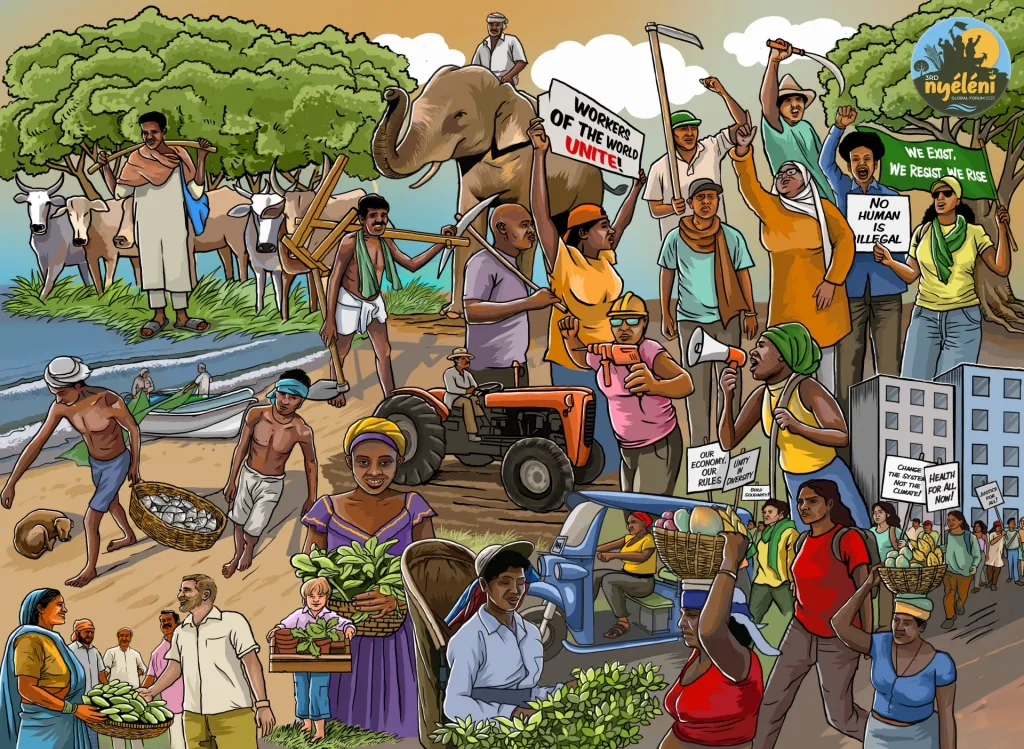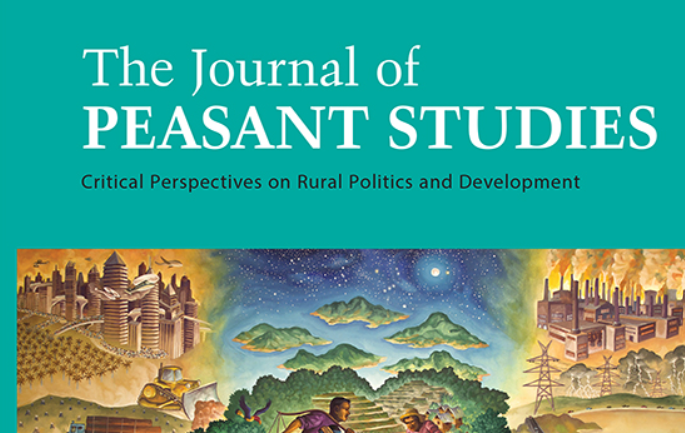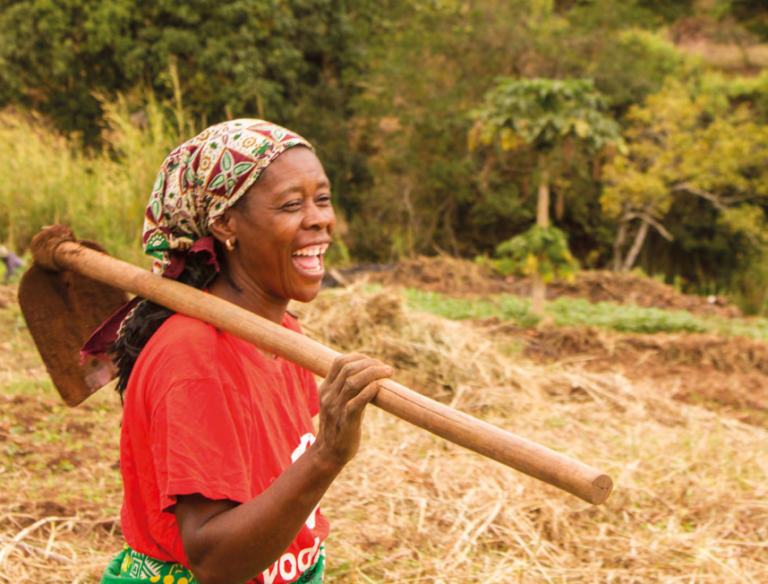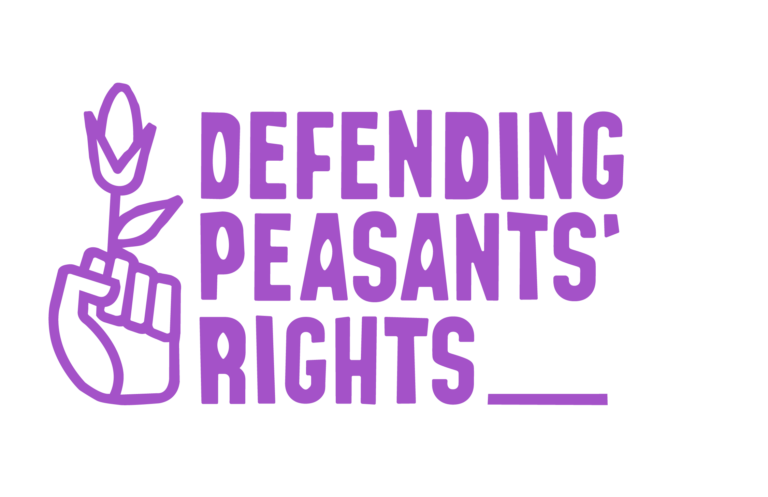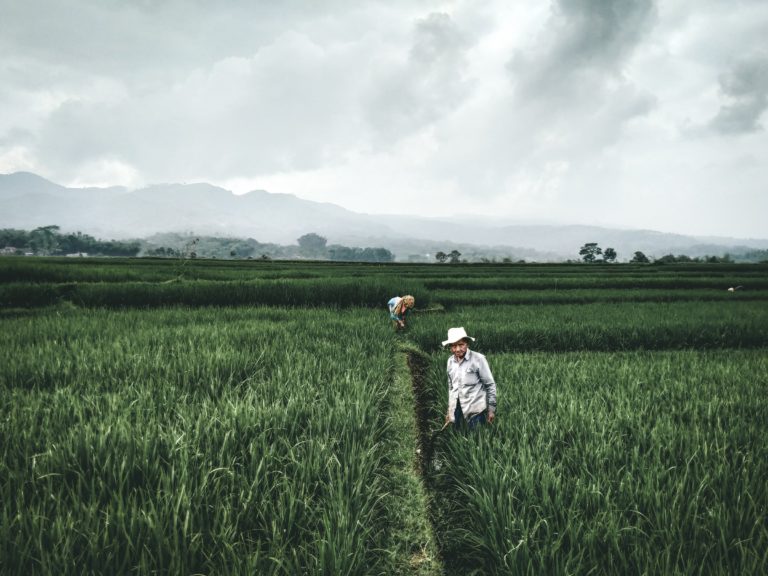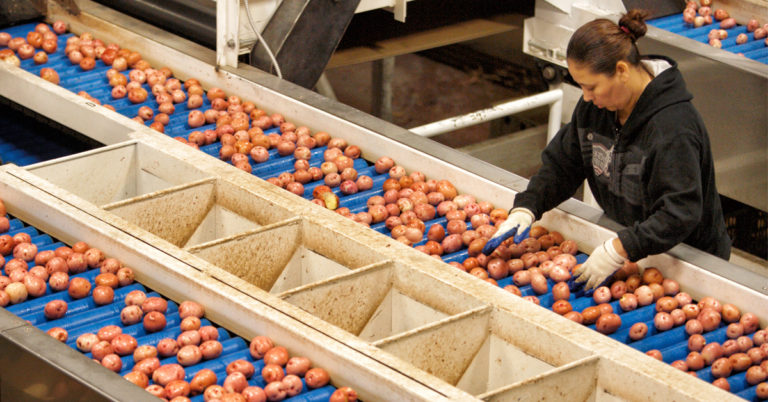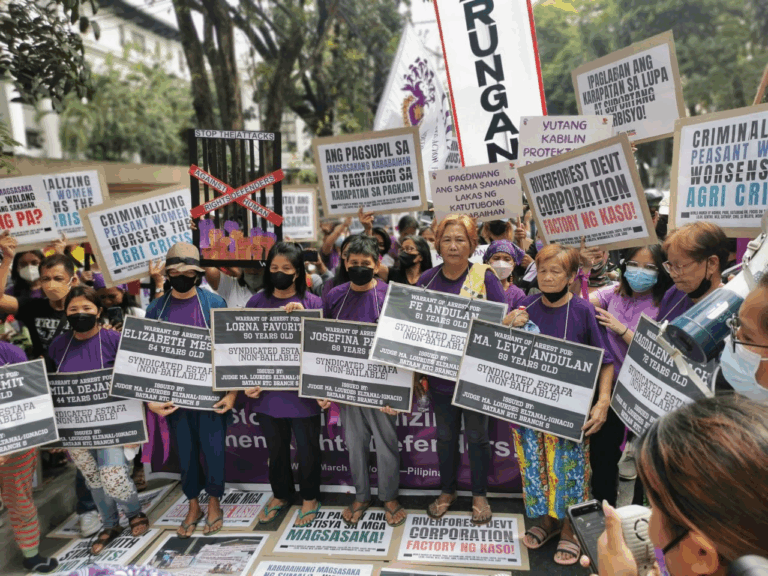3rd Nyéléni Global Forum: Sri Lanka hosts the largest gathering of social movements calling for ‘systemic transformation’
Image: https://nyeleniglobalforum.org/
Sri Lanka is ready to host the world’s largest gathering of social movements, taking place from 6 to 13 September. The 3rd Nyéleni Forum comes at a crucial moment, as multiple overlapping crises intensify and plunge the world into more inequality, social injustice, and warfare.
A historical cross-sectoral Forum
Named after a legendary Malian peasant woman, the 1st Nyéleni Global Forum took place in Mali, in 2007, bringing together more than 500 people from 80 countries to exchange knowledge and perspectives to strengthen their common food sovereignty agenda through collective actions. Eight years later, in 2015, Mali also hosted the 2nd edition of the Nyéleni Global Forum, where a common idea of agroecology was framed and agreed upon among global social movements – mostly representing rural constituencies in their wide diversity. Agroecology was then conceived as a form of resistance and practical alternative to the hegemonic and highly destructive neoliberal food system.
While the first two Nyéleni Global Forums focused on asserting and strengthening food sovereignty and agroecology as foundations for a just and sustainable world, the upcoming 3rd Nyéleni Global Forum in Sri Lanka will adopt a broader, cross-sectoral approach. Ten years after the second edition, it became clear to social movements that the increasingly complex and rapidly worsening issues affecting peoples around the world demand a break from siloed work. Instead, they call for intersectional and cross-sectoral grassroots responses to the interconnected global challenges faced by us all. In this sense, the 2025 Nyéleni Forum marks “a landmark moment in our collective struggle for systemic transformation”, being “the most important gathering of grassroots forces committed to building a world beyond capitalism, colonialism, patriarchy, racism, and fascism.” 1
“The Forum will bring together a powerful constellation of movements and communities – Indigenous Peoples, peasant farmers, fishers, pastoralists, agricultural workers, artisans, feminists, migrants, wage workers, the urban poor, social and solidarity economy activists, consumers, health workers, artists, and researchers – united by a shared vision: to build people’s economies and democracy, promote peace and international solidarity, advance food sovereignty and agroecology, defend land and territories, ensure health for all, and achieve climate justice and energy sovereignty.” 2
Confronting the interconnected crises through expanded alliances and the convergence of interrelated grassroots struggles is central for the world’s working classes and marginalised people to yield positive transformation in their lives across multiple domains.
The place of UNDROP
Such an intersectional stance that begins to leave the realm of ideas and starts to enter the real and practical realities of social movements worldwide has a lot to contribute to the advancement of rural peoples’ rights enshrined in the UN Declaration on the Rights of Peasants and Other People Working in Rural Areas (UNDROP). Indeed, the implementation of their rights is directly interconnected with myriad struggles spearheaded by workers’ unions, peasants, fisher peoples, feminist movements, Indigenous Peoples, and many others. The rights of rural peoples to land, resource management, food sovereignty, water and a clean environment, seeds, education and health – to mention a few – depend on structural changes in multiple areas to be fully realized.
The UNDROP provides a powerful normative framework that can anchor and strengthen the food sovereignty agenda at the 3rd Nyéléni Global Forum. The rights recognized in this instrument are not abstract principles but concrete tools for countering corporate capture of food systems, challenging exploitative trade regimes, and resisting policies that undermine rural communities’ livelihoods. By framing food sovereignty not only as an aspiration but as a set of enforceable human rights, the Forum can reinforce its call for systemic transformation and empower movements worldwide to demand real structural change through legal and political leverage.
Moreover, integrating UNDROP into the Forum’s agenda is also strategic for building alliances across sectors and different levels of action. The Declaration can serve as common ground for uniting rural and urban struggles around shared rights-based demands, such as access to healthy and nutritious food, decent work, climate justice, and the protection of ecosystems.
Coordinating actions, building the change
Just as guaranteeing rural peoples’ rights is in the interest of all sectors committed to providing quality, sustainably produced food for future generations, these rights also go hand in hand with cross-sectoral struggles against issues such as corporate impunity, unjust trade and tax systems, and the privatisation of essential services.
Recognising rural peoples’ struggles as interconnected and complementary to – rather than separate from – struggles on other fronts is essential to building solidarity and a shared sense of interdependence among grassroots movements beyond the rural sphere. This is key to fostering joint, coordinated efforts able to effectively address and overcome our common challenges.
By embracing the fact that our struggles are bound together, and that none will succeed unless all are lifted through collective resistance, the 3rd Nyéleni Global Forum comes at a pivotal moment to consolidate coordinated actions across diverse grassroots fronts and to foster new potential for effective systemic change.
For more information on the 3rd edition of the Nyéleni Global Forum, access this press release published earlier this year, and check out the latest articles and interview series with movement representatives that will soon be together in Sri Lanka to move the aforementioned agenda forward.

